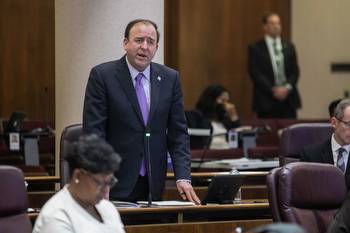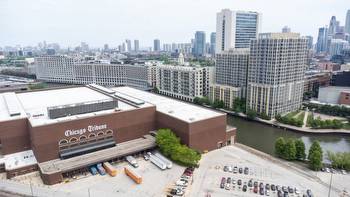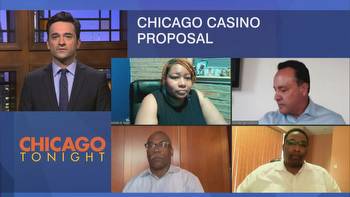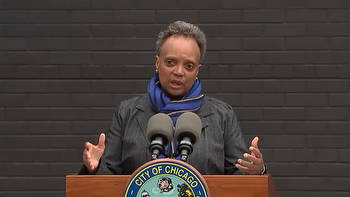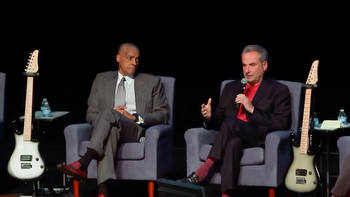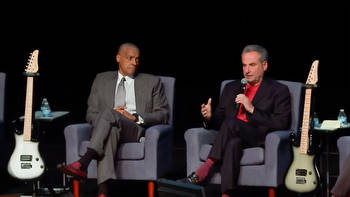Chicago casino revenue doesn’t address 91% of city pension debt

The Chicago City Council approved a $1.7 billion casino in a 41-7 vote May 25. The River West development is being touted as a pension solution, but even the highest projections show only a drop in the bucket.
“This one casino project will pay for approximately 9% of our $2.3 billion pension contribution and reduce the likelihood that the city will need to raise property taxes in the future for pensions,” said Jennie Huang Bennet, chief financial officer for the city.
Revenue from the new casino will go exclusively to police and fire pensions. It’ll be 9% more than the city had before but does nothing for the other 91% of unfunded pension debt.
“This revenue source, in my opinion, is probably one of the last larger pieces of revenue that we will be afforded – short of increasing the property taxes – to meet these [pension] obligations,” said Alderman Jason Ervin, 28 Ward.
But projections aren’t set in stone. That 9% is the best-case scenario. Alderman Brian Hopkins, 2 Ward, voted in opposition out of worries that the projection will leave Chicago short of cash.
“We’re doing this to generate $200 million a year. What if we don’t? … There’s no guarantee, and it doesn’t sound like we have any real recourse if it doesn’t materialize.” Hopkins said.
To meet the $200 million projection, 13,000 gamblers would need to wager $1,500 every day of the year. Chicago’s high density of residents and tourists helps but is no guarantee by any means.
Even if the projection delivers as promised, the city will soon be back at the drawing board for new ways to pay for Chicago pension debt, which is greater than 45 states.
44 Ward Alderman Tom Tunney, who chairs the special committee on casinos, warned “Down the road, we’ll still have to find more revenue.”
It’s hardly the first time gambling revenue has been touted as a financial solution. Since its inception, the Illinois Lottery has gone from a way to fund K-12 education to a game of redirecting money to other projects.
Instead of chasing endless revenue sources, state lawmakers can step up with structural pension reform, freeing up billions in the future for core services, property tax relief, or a combination of both.
A “hold harmless” pension plan developed by the Illinois Policy Institute can save taxpayers nearly $2.4 billion in its first year and nearly $50 billion through 2045. It would solve the pension crisis in Chicago and the entire state.
The casino still needs final approval from the Illinois Gaming Board but is expected to pass.

















